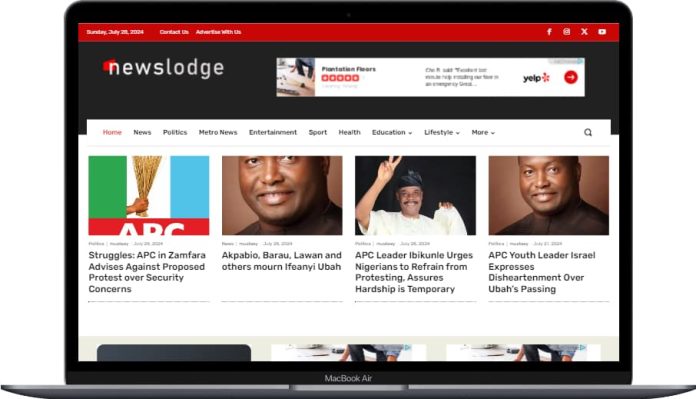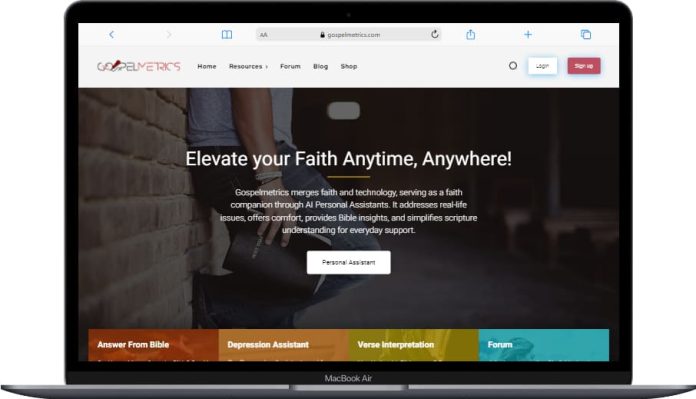[ad_1]
While preparing some personal background information for a potential client, I was reviewing all the programming languages that I acquired. Include the most experienced languages on my CV. However, it happened to me that if I were to include all the languages in which I worked, the client would become overwhelmed in the CV and only write to me either as a bit head or an animated header. But when I thought about all these different environments, I realized how much fun I've been involved in in the software development industry, and that much of that fun has to do with the learning process. I think this is what makes a good programmer. Not only the ability to write code, or come up with a very innovative application, but the ability to learn. Let's admit it! If the programmer does not have good learning skills, then the programmer will have a very short career.
As an exercise, I will list my programming language migration path. I'd be interested to hear from other programmers what their PLMP is, too. Here it goes:
* Dean Vic-20 Basic
* Dean Vic-20 6502 complex
* Dean 64 6510 complex (lots of all nighters with this one!)
* IBM BASIC
IBM Assembler (My hate relationship with sector addressing.)
* dBASE II (Wow! Structured programming.)
* GWBasic
* Turbo Pascal (Thank you Mr. Khan! The best $ 49 I've ever spent!)
* Turbo-C
* dBASE III + (Wow, my dBASE II report generator now only takes 2 hours to run instead of 7.)
* Clipper / Foxbase
* dBASE IV
* dBASE SQL
* Microsoft C (first under DOS, then under Windows 3.1)
* SuperBase (first under Amiga DOS, then for MS Windows)
* Windows Provider (Whatever happened to this? Gupta?)
* Visual Basic 2.0
* Delphi
* Visual Basic 3.0
* Access Basic / Word Basic (Microsoft)
* Newton's text (my "elegant" first language)
* Visual Basic 4.0 and 5.0
* programming language
* FormLogic (for Apple Newton)
* Codewarrior C for Palm OS
* Visual Basic 6.0
* NS BASIC for Palm and Windows CE
* FileMaker 5
* Satellite forms
* Visual C ++
* REAL Basic for Mac 9.x and OSX
* Java
* Codewarrior C ++ for the Palm operating system
* Appforge for Palm OS and Pocket PC
* C #
* FileMaker Pro 7.0
Whew! Not only is this a good exercise to think about all the languages you've worked with, but it is a good example of how languages and technology have advanced over the past 25 years. I am sure I will add more to PLMP in the near future as well. As with most of the programmers I know, there is a lot I want to learn but I don’t have much time.
Another good exercise is to bring this up as a topic for discussion with a group of programmers after a nice long day at any technical trade show. For example, a long time ago, after a long day at the OS / 2 developer conference in Seattle (yes, you come back here), I brought up the assembly language programming topic 6502. This was during dinner at about 7 pm. The resulting conversation was relayed to the hotel lobby, which lasted until about 2 am. (Oh, good days.);)
(If you are a developer, I am interested in seeing the programming migration path. Shoot an email to timdottrimbleatgmaildotcom.)
Timothy Trimble, The Art of Software Development
[ad_2]&


